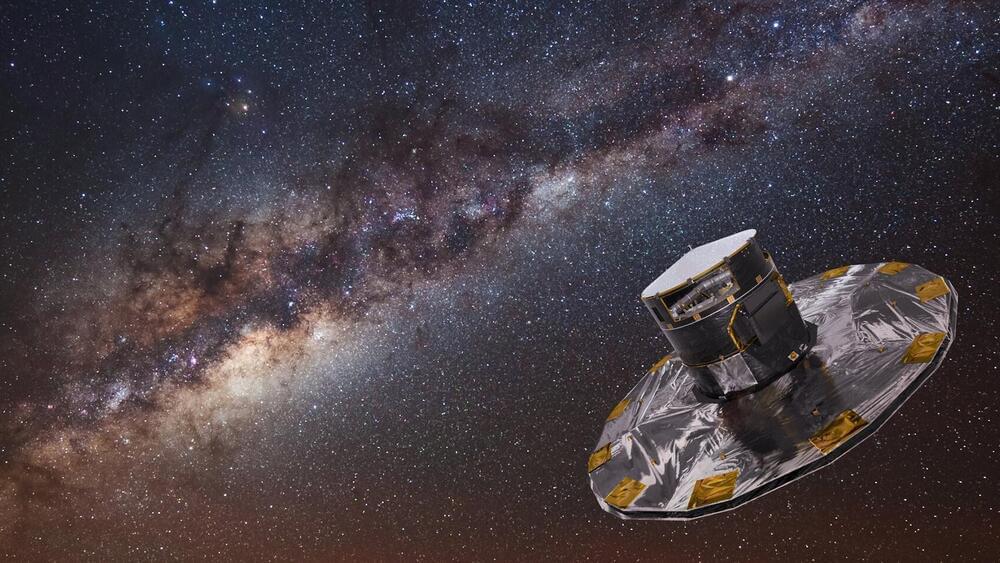This “may be the first direct detection of a ‘Gaia exoplanet.’”
The European Space Agency’s (ESA’s) Gaia spacecraft helped capture an exoplanet, paving the way for follow-up observations that revealed the distant planet had a nuclear fusion reaction in its core.
“The discovery of HD 206,893 c is a really important moment for the study of exoplanets, as ours may be the first direct detection of a ‘Gaia exoplanet,’” Professor Sasha Hinkley at the University of Exeter in England explained in a press statement.
ESA / ATG
An international team of scientists analyzed the new data to find that the exoplanet, HD 206,893 c, was brightening, suggesting it was burning deuterium for fusion.
